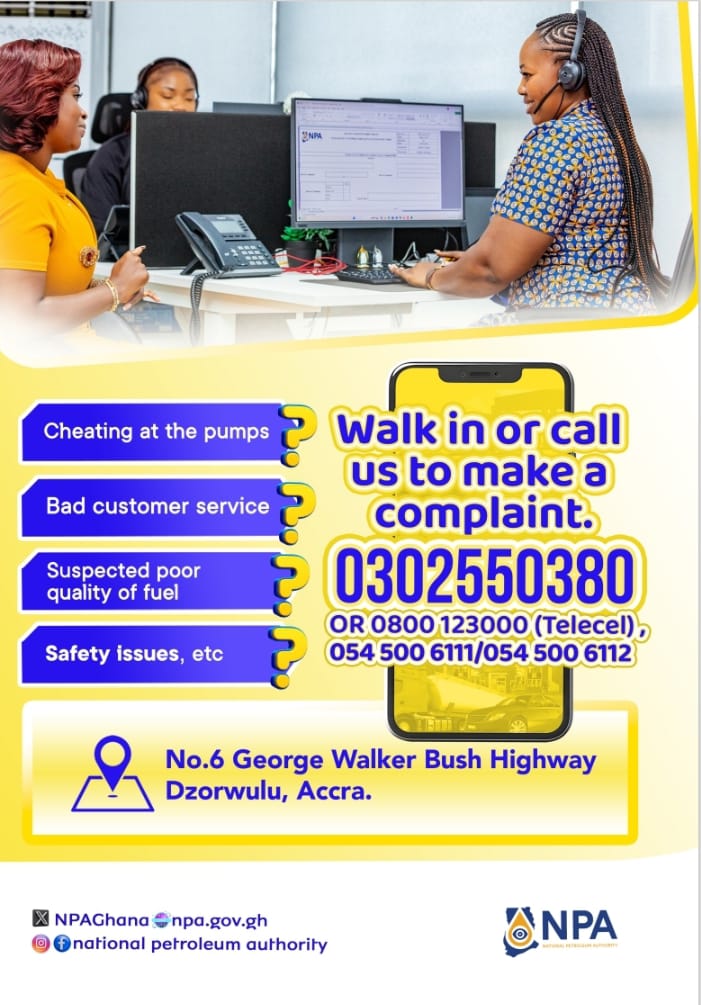Patrick Yaw Boamah, the Member of Parliament for Okaikwei Central, has criticized the government’s 2026 Budget Statement and Economic Policy, calling it disconnected from market realities and hostile to investors.
Delivering his contribution during the budget debate on Thursday, the MP argued that the document lacks coherent policy direction for critical sectors and has failed to instill confidence among domestic and international stakeholders.
He pointed to the immediate negative market reaction as evidence of the budget’s shortcomings, highlighting the Ghana cedi’s steep fall against the U.S. dollar on Friday, November 14 — just one day after the budget presentation.
“Mr. Speaker, the cedi depreciated sharply the very next day. At some forex bureaux, the dollar was selling as high as GH¢12.35, while bank rates reached GH¢11.42 for selling and GH¢10.85 for buying. This swift reaction clearly shows how unresponsive and investor-unfriendly the budget is,” Hon. Boamah stated.
The MP also faulted the government for not outlining concrete measures to boost declining oil revenues, particularly amid U.S. sanctions on Russia’s Lukoil, a major player in Ghana’s Pecan oil field.
“Even the Finance Minister acknowledged that oil revenues are dropping, yet the budget provides no clear strategy to address it. With Lukoil under sanctions, Ghanaians expected a robust plan to protect and enhance our oil earnings. Sadly, none was offered,” he added.
Mr. Boamah also questioned the budget’s frequent mention of the private sector, which he counted at least 22 times, arguing that current macroeconomic indicators do not support private investment.
“How do you expect the private sector to respond when non-performing loans stand at 23%? Compare that to 4.2% in Nigeria, 17.4% in Kenya, and 1% in South Africa,” he queried.
He blamed the government’s failure to pay contractors as a key cause of economic stagnation and weak investor confidence.
Touching on infrastructure, the MP dismissed plans for a new expressway between Accra and Kumasi as misplaced priority, insisting that the government should instead complete the ongoing dualisation project.
“What is the crime of the Ghanaian people? From 2009 to 2016 not a single kilometre of road was added. Today, instead of completing the dualisation, we are promised an expressway with no financial model,” he said.
He cited data from the National Road Safety Authority showing 525 deaths on the Accra highway in 2025, with 570 in Ashanti and 335 in Greater Accra, arguing that finishing the dualisation would save lives.
Commenting on the government’s GH¢150 million allocation to fight galamsey, Mr. Boamah welcomed the funding but questioned the seriousness of government’s monitoring mechanisms. He also challenged claims from the Majority Leader that the NDC had never promised a state of emergency in tackling illegal mining, insisting that such promises were made publicly.
“Mr. Speaker, it is on record. The NDC promised a state of emergency on galamsey,” he maintained.
The Okaikwei Central MP also raised serious concerns about the Bank of Ghana’s gold reserve programme, demanding transparency and accountability.
“Who is funding the gold reserve programme? How much gold has been purchased? At what rate and what price? If the Bank of Ghana insists on zero financing for the second year in a row, then how is the Gold Board being funded,” he asked?
He revealed that a response he received from the Ministry of Finance confirmed that no funds had been released to the Gold Board, strengthening his suspicion that the central bank is footing the bill.
Mr. Boamah condemned the Finance Minister for failing to adequately resource ministries and agencies stating, “If Cabinet were to vote today, the Minister of Finance would not score 30%. Even 10% would be a struggle.”
“For government to function properly, the Minister must release adequate resources so Ghanaians can feel the benefits of this budget,” he added.





